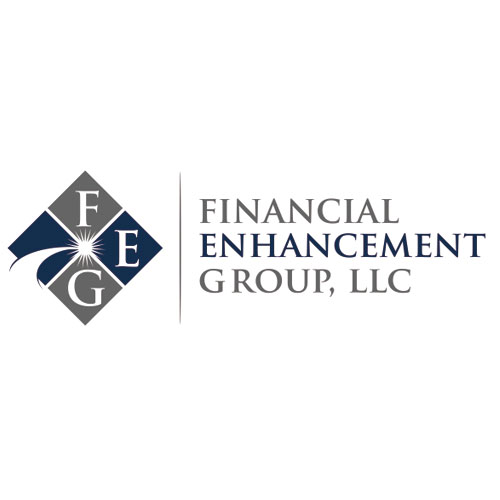[vc_row][vc_column width=”1/4″ offset=”vc_hidden-xs”][vc_widget_sidebar sidebar_id=”sidebar-main”][/vc_column][vc_column width=”3/4″][vc_column_text]
Investors have three primary choices when it comes to selecting investments for their 401k and IRA accounts. First are stocks or equities, which represent ownership in a for-profit entity. Next, come bonds, often referred to as fixed-income. Bonds represent loans made to for-profit entities or governments. And finally, there is cash.
Conventional wisdom has long implied that your investment selections should focus on stocks during your younger years, and that as you age you should shift toward purchasing more bonds. This logic reasons that because bonds are less volatile than stocks on a year-to-year basis, older individuals’ investments have less time to recover from downturns in economies and the equity markets.
Financial history lends credibility to the belief that stocks are more volatile than bonds over 80-100 years. But ask yourself if you have that long to use your money. Assuming your response is no, how should historical averages impact your present investment strategy?
The Trump election brought a wave of excitement to the equity markets. The major indices are at or hovering near all-time highs, with the Dow Jones Industrial Average approaching 20,000. When people see green arrows and read about market profits they get excited. Clearly 20,000 is greater than 19,000. But what about bonds? Is it good or bad when bond yields rise? Is it good or bad when interest rates rise in general? It all depends.
Higher interest rates mean more income for investors buying bonds today. But if you own bonds and interest rates rise following your purchase, what happens? Technically, your income doesn't change, hence the terminology fixed-income. But the value of your investment changes dramatically on paper.
The 10-year U.S. Treasury is a staple investment in global bond markets. The evening before the United Kingdom’s Brexit vote, the 10-year Treasury yield was at 1.81%. For every $10,000 an individual invested, he or she received $181 a year in income in two equal payments of $90.50. After the Brexit vote, the bond traded at 1.31% dropping a new investor’s income to $131 a year. That may not sound like a big deal until you consider that trillions of dollars invested suddenly experienced a 50 basis point move. Current bond holders were rewarded on paper because their income was higher than what new investors would receive given the change in yields.
Since the U.S. elections, the 10-year U.S. Treasury has posted a dramatic rise of 2.5%. On paper, the global bond market lost $1.7 trillion in value during November, representing the largest one month bond loss in history. While bonds may be less volatile than stocks over an 80-year timeframe, it’s important not to overlook the impact of the short-term rate environment.
If you are managing your own 401k or IRA investments, you must understand how markets and interest rates work. Think of bonds as being on a teeter totter. When rates rise, the value of your current bonds go down and vice versa. Which direction do you think interest rates are headed?
Disclaimer: Do not construe anything written in this post or this blog in its entirety as a recommendation, research, or an offer to buy or sell any securities. Everything in this post is meant for educational and entertainment purposes only. I or my affiliates may hold positions in securities mentioned in the blog. Please see my Disclosure page for full disclaimer.[/vc_column_text][/vc_column][/vc_row][vc_row][vc_column offset=”vc_hidden-lg vc_hidden-md vc_hidden-sm”][vc_widget_sidebar sidebar_id=”sidebar-main”][/vc_column][/vc_row]


